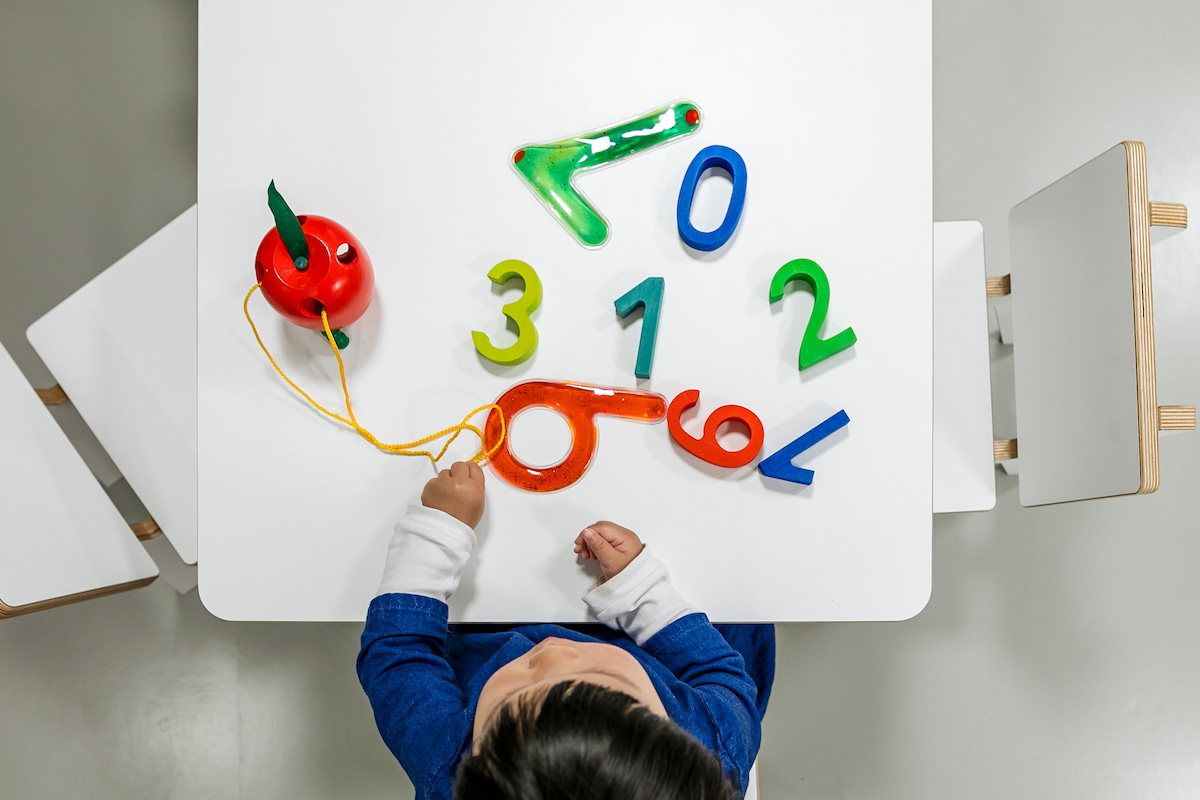Getting ready for school: A comprehensive guide for parents
Starting primary school is one of the most exciting milestones, and it marks children’s first […]
Read more
In the second part of our series on ‘preparing for school’ we look at academic readiness, a common concern for many parents. Your nursery should offer a broad curriculum that ensures children have rich and varied experiences.
When your child joins Reception, the principles of what and how they are learning will be the same as at nursery. They will still have the opportunity to play both indoors and outdoors every day and to explore different play-based learning experiences. The sense of challenge will naturally be increased and the day may be structured differently but they will still be learning under the EYFS framework.
At N, we believe that mathematics skills should be developed from the earliest age, so your child should already be exposed to a vast array of concepts and vocabulary during their time at nursery. In their final year, your nursery should work on applying this knowledge to real-life situations.
For example at N, particular focus is given to counting small groups of objects, confident recognition of the numbers 0-10 and understanding ‘one more’ and ‘one less’ as the basis of addition and subtraction.
Your child should be offered regular opportunities to solve problems and work with numbers, shapes and other useful concepts such as measurement, capacity and size.
Reading and writing are fundamental skills required to access further learning and you should speak to your nursery about how they are supporting your child’s development in this area. At N, they are a big focus of the Reception year and our Phonics curriculum concentrates on the initial stages – developing the auditory and oral skills needed to read and write simple words. Your child must also be physically able to hold a pencil in order to form letters correctly.
We created our Doodle Dance programme as part of our Physical Activity curriculum in answer to this challenge. During your child’s last year at nursery, we use this fun and energetic approach to mastering forming shapes on a large scale before putting pencil to paper. These pre-writing shapes are the building blocks of all the letters in the English alphabet. Starting handwriting too early can result in poor formation habits which are tough to break and can present a struggle for children throughout primary school.
Once ready, we introduce the formation of each letter, taught in particular sets that correspond to the sound sets learned in Phonics. The combination of these experiences means that your child will have the best opportunity for success in reading and writing at school.
For full details on N Family Club’s approach to school readiness, take a look at our Getting Prepared for School N guide. And for ideas you can try at home read our article on 4 ways to prepare your child for school.